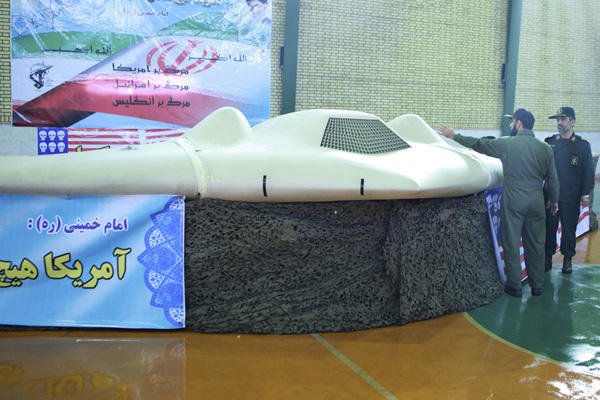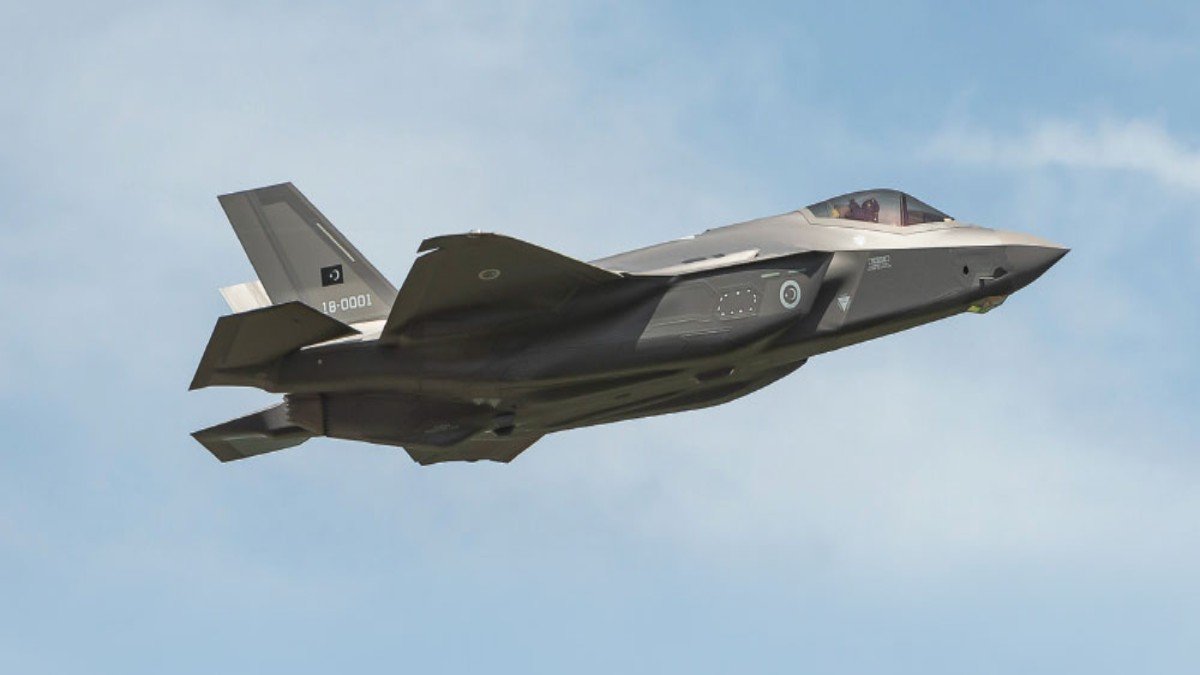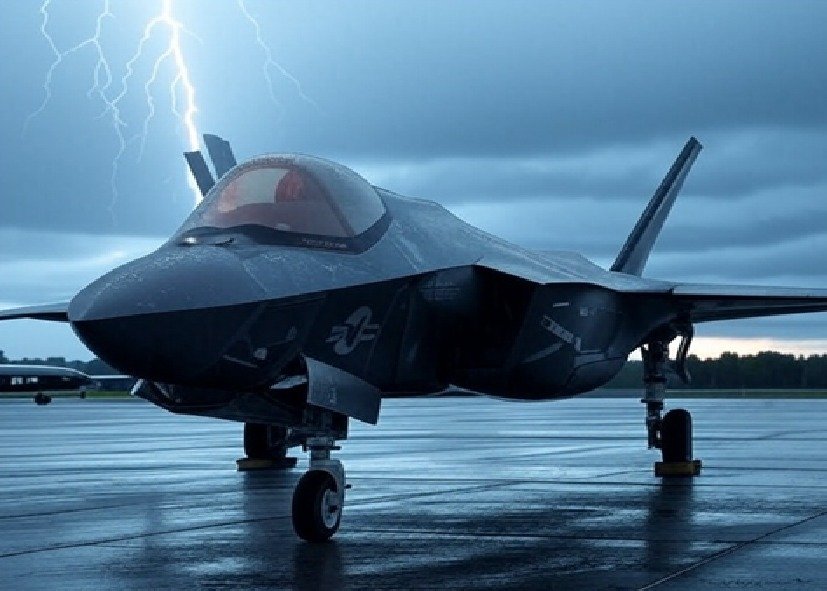The United States, Australia, India, and Japan are set to launch joint coast guard and maritime police patrols in response to increased Chinese activity in the Indo-Pacific region, according to diplomatic sources cited by Japan’s Kyodo News on September 15.
The collaborative initiative aims to tackle illegal fishing and bolster maritime security. The report said that this planned operation will likely be outlined in a joint statement during the upcoming Quad summit scheduled for September 21 in Delaware, US President Joe Biden’s home state.
This summit is anticipated to be the last for both Biden and Japanese Prime Minister Fumio Kishida as they prepare to leave office. Australian Prime Minister Anthony Albanese and Indian Prime Minister Narendra Modi will also participate in the discussions.
The Quad, formally known as the Quadrilateral Security Dialogue, is increasingly seen as a strategic counterweight to China’s growing military and economic influence in the region.
The Biden administration has been actively working to enhance and institutionalize the Quad, with a focus on deepening cooperation among member nations. One of the notable agreements expected at the summit is the establishment of a joint maritime patrol initiative.
The report suggests that the first ship observer mission could commence next year, involving members of the Japan Coast Guard, Australian Coast Guard, and Indian Coast Guard boarding a US Coast Guard vessel.
This mission aims to improve interoperability among the member nations and reinforce maritime order based on international law. The patrols will continue on a rotational basis.
The Quad summit will address other critical areas of collaboration in addition to maritime cooperation. One key initiative is deploying new communications infrastructure in the Pacific, known as the Open Radio Access Network (Open RAN).
This technology is designed to reduce reliance on specific companies and mitigate supply chain risks, reflecting the Quad members’ concerns over China’s extensive investments in Pacific island nations.
The Quad nations are also planning to tackle global health challenges by launching efforts to address cervical cancer, leveraging their collaborative experience from the coronavirus pandemic.
Furthermore, they are expected to pledge support for regional farmers through advancements in artificial intelligence and other technologies.
How Will Quad’s Joint Patrols Shake Up Regional Dynamics?
This development occurs as tensions between Manila and Beijing continue to escalate over territorial disputes in the South China Sea. The Chinese Coast Guard has notably expanded its presence in the region.
According to an October Defense Department report on China’s military, China’s coast guard, which has been authorized to use force in its territorial waters since 2021, operates more than 150 patrol vessels, including regional and oceangoing ships.
These newer, larger Chinese vessels are outfitted with choppers, high-capacity water cannons, multiple interceptor boats, and various weapons.
On September 10, the Philippines reported that the number of Chinese ships monitored in the West Philippine Sea (WPS) had risen to 207, the highest figure recorded this year.
This increase is particularly significant around Escoda (Sabina) Shoal, which has emerged as a new flashpoint in the ongoing maritime dispute between Manila and Beijing in the South China Sea.
On September 9, Adm. Samuel Paparo, chief of US Indo-Pacific Command, held a video conference with Gen. Wu Yanan, commander of China’s Southern Theater Command, which manages the South China Sea.

Paparo said that such high-level discussions help minimize the risk of misunderstandings or miscalculations. Paparo noted recent “unsafe interactions” between China and US allies and stressed Beijing’s responsibility to adhere to international laws and norms to ensure safety.
He called on China to rethink its use of “dangerous, coercive, and potentially escalatory tactics” in the South China Sea and elsewhere.
Meanwhile, Geopolitical analyst Shashank S. Patel told the EurAsian Times that the joint patrol development has been planned since the 2022 Tokyo Summit, where leaders introduced the Indo-Pacific Partnership for Maritime Domain Awareness (IPMDA).
The IPMDA initiative aims to enhance regional maritime awareness through technology, information sharing, and financial support. All parties have committed to a five-year commitment.
However, Patel pointed out, “The implementation of joint patrolling for the last two years was in ICU, waiting for necessary oxygen to revive on high seas & territorial waters. China gave that oxygen to QUAD members through its recent yet repeated marine aggression over EEZs of Philippines, Japan, and Taiwan.”
He added that China’s so-called ’10th-century ancestral territorial claims’ over the Philippines’ Scarborough Atoll appear to have prompted the Quad to expedite their joint patrol action plans.
When asked how the joint patrols by Quad countries would impact regional dynamics, Patel argued that China is likely to intensify its presence and construction activities around the contested shoals as a reaction.
He expected that the Quad would respond by enforcing UNCLOS boundaries in the Indo-Pacific and confronting the illegal exploitation of marine resources, such as fishing, minerals, and potential petroleum extraction in the South China Sea.
“QUAD’s joint patrolling plans will suffocate Chinese political, military, and economic authoritarian interests in the Indo-Pacific region (IPR),” he noted.
Patel said, “ In some ways like pushing Chinese boats beyond territorial waters, cutting their supplies, joint blockade at key routes may provide a sigh of relief to island countries in the Region. But it will again cement Chinese belief that QUAD is an ‘Asian NATO’. Chinese strategists will fiercely use naval and maritime assets against it, and the first brunt will be borne by island operators. It will result in further loss in fishing activities of near around countries.”








